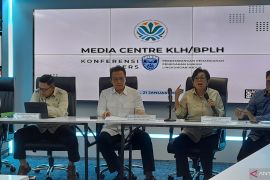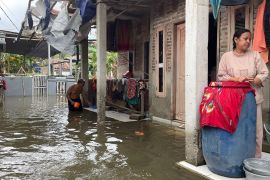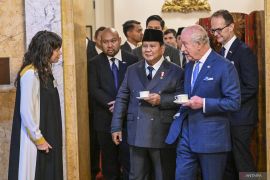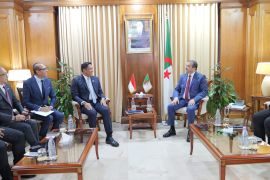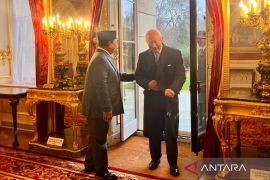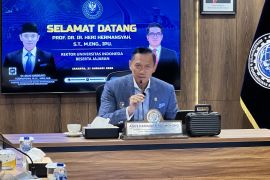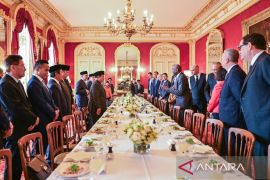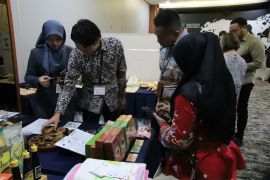"Liberalisation will strengthen foreign investors` domination in the monopoly of trade and natural resources in Indonesia," said the executive director of Wahana Lingkungan Hidup (Walhi), Abet Nego Tarigan.Jakarta (ANTARA News) - Two Indonesian non-governmental organisations have criticised APEC`s decision to boost liberalisation, claiming that it would only strengthen foreign domination in the country.
"Liberalisation will strengthen foreign investors` domination in the monopoly of trade and natural resources in Indonesia," said the executive director of Wahana Lingkungan Hidup (Walhi), Abet Nego Tarigan, in a written statement received here on Wednesday.
Sharing his views, Aliansi Rakyat Indonesia`s spokesman, Irhash Ahmady, said advanced countries would use liberalisation and intervention in various global meetings to solve their current crises and developing countries, including Indonesia, would only be used as a solution to their problems.
Walhi (the Indonesian Forum for the Environment), along with Aliansi Rakyat Indonesia (the Indonesian People`s Alliance), would continue campaigning that Indonesia would not benefit from the recent APEC negotiations.
In view of that, the two non-governmental organisations expressed their rejection to all forms of cooperation schemes produced during the APEC Summit because they believe they are not beneficial and would not build fair trade cooperation.
Earlier, the two NGOs criticised the government for tending to act against small farmers who burnt the forests for agricultural purposes and not taking action against big corporations.
"By continuing to issue concession licenses to large-scale companies that are unable to manage forests and land well, the government has given rise to forest and land fires," they said.
President Susilo Bambang Yudhoyono recently emphasised the need for continuing liberalisation of trade among APEC members to spur economic growth in the future.
When opening the APEC CEO Summit on Sunday morning (Oct 6), he said the move would be one of APEC`s important steps for greater economic growth in the future.
"First and foremost, we need to carry out our roles properly to eliminate protectionist policies and continue trade liberalisation that will improve the welfare of the people. We must also assure not only strong but also balanced trade relations," he said.(*)
Editor: Heru Purwanto
Copyright © ANTARA 2013
